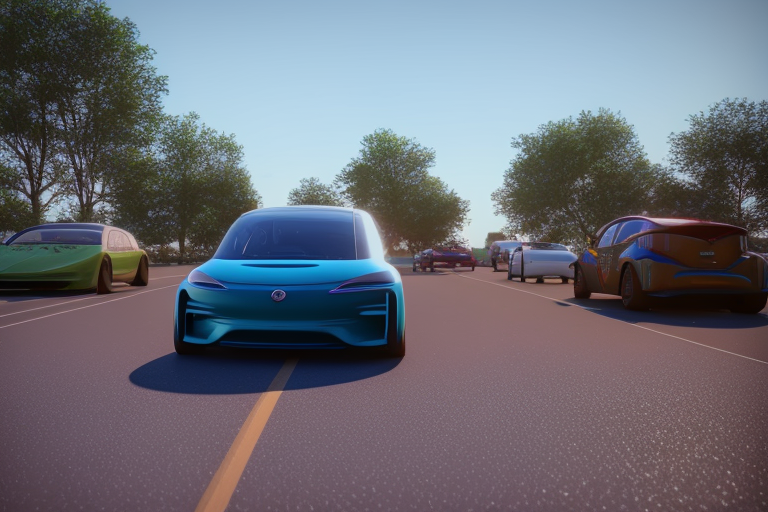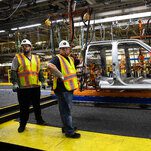The Biden administration is taking steps to ensure that the United States is leading the way in the transition to electric vehicles. Under the proposed rules, two-thirds of new cars and a quarter of new heavy trucks sold in the United States by 2032 must be all-electric. This move is part of the administration’s commitment to reduce greenhouse gas emissions and combat climate change.
The proposed rules are expected to have a significant impact on the automotive industry. Automakers will need to invest in research and development to create more efficient and affordable electric vehicles. This could lead to job creation in the industry as well as increased competition among automakers. Additionally, the rules could help reduce air pollution and improve public health.
The proposed rules are also expected to benefit consumers. Electric vehicles are typically more efficient than traditional gasoline-powered vehicles, meaning they require less fuel and cost less to operate. Additionally, electric vehicles are often eligible for government incentives, such as tax credits, which can help make them more affordable.
The Biden administration’s proposed rules are an important step towards a cleaner, greener future. By transitioning to electric vehicles, the United States can reduce its carbon footprint and help combat climate change. The proposed rules will also benefit consumers by making electric vehicles more affordable and efficient. It is an exciting time for the automotive industry and the environment.
FAQ
Q1: Are electric car batteries recyclable?
A1: Yes, electric car batteries are recyclable.
Q2: Are electric car chargers free?
A2: It depends on the charger and the location. Some electric car chargers are free, while others may require a fee.
Q3: Can electric car batteries be rebuilt?
A3: Yes, electric car batteries can be rebuilt with the right tools and knowledge.











